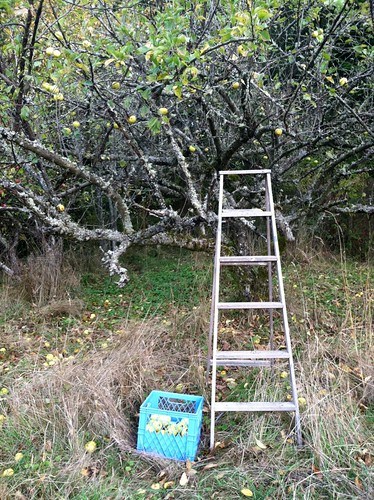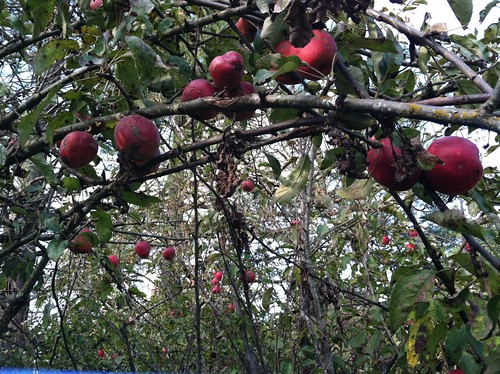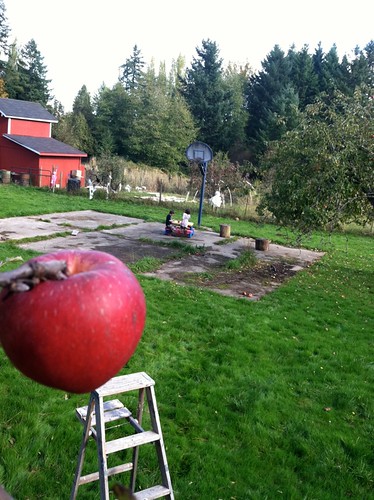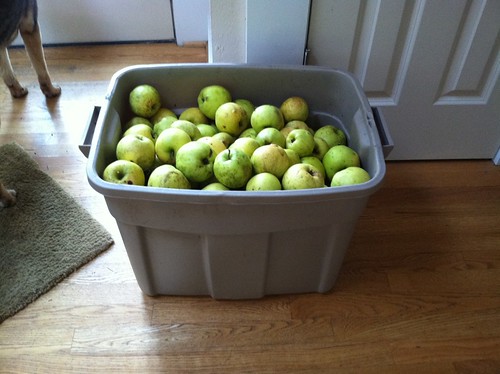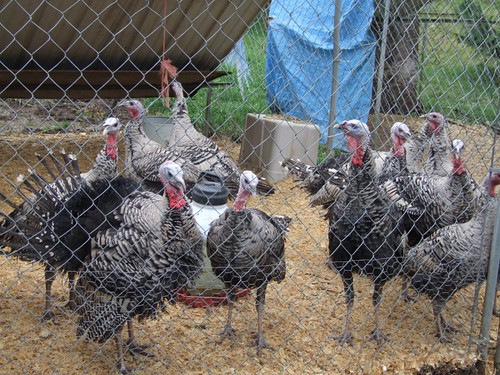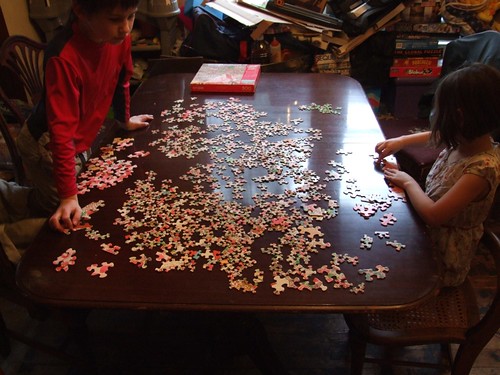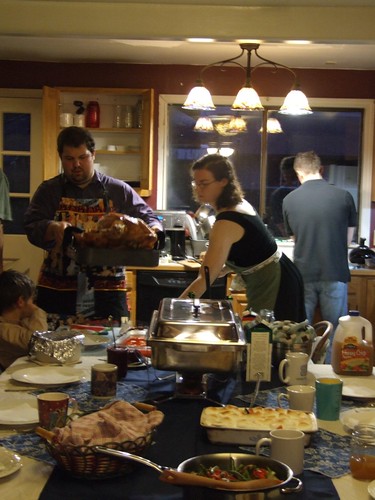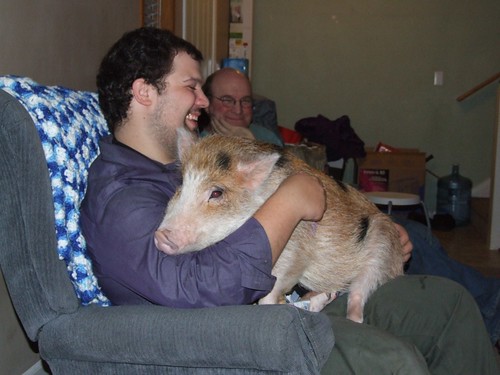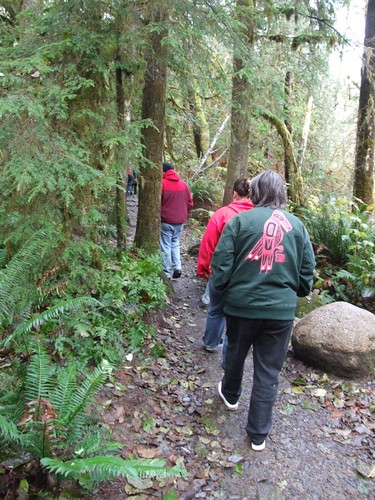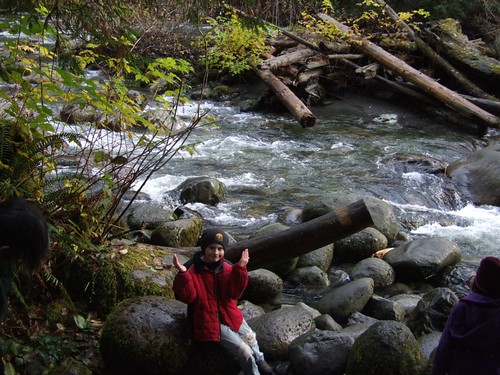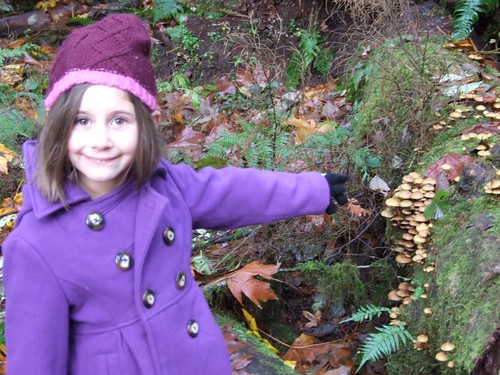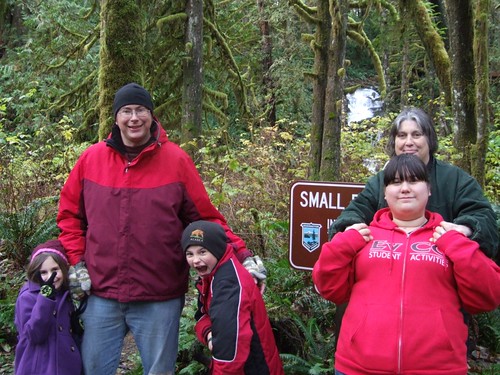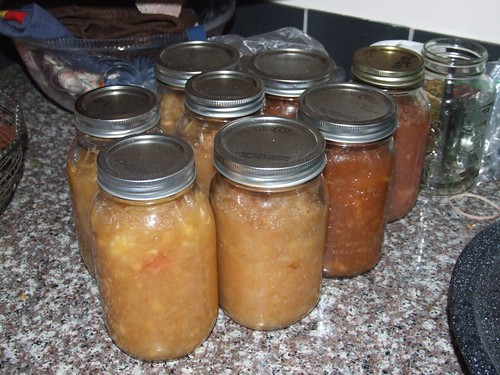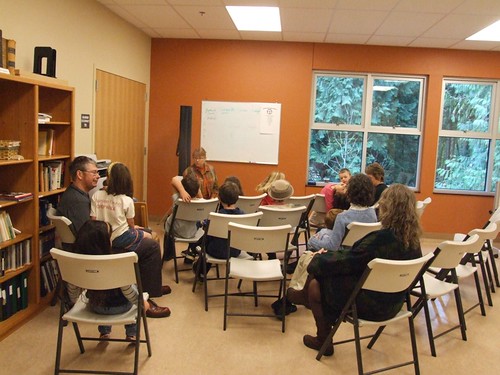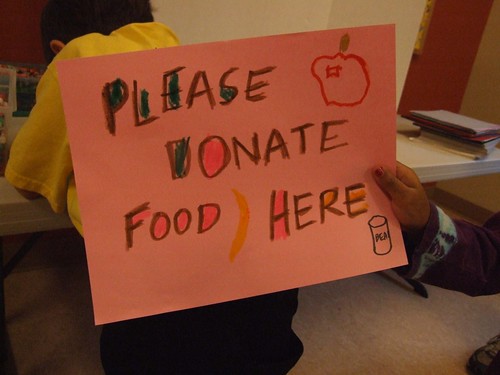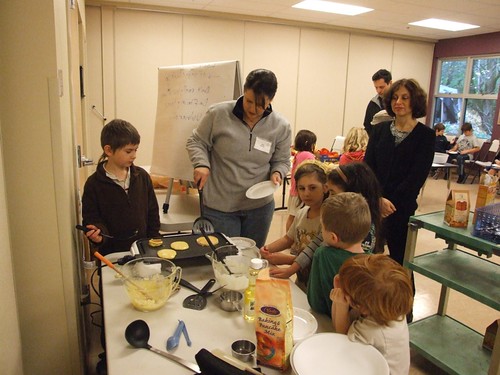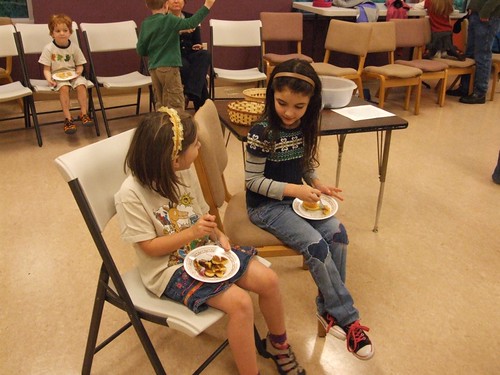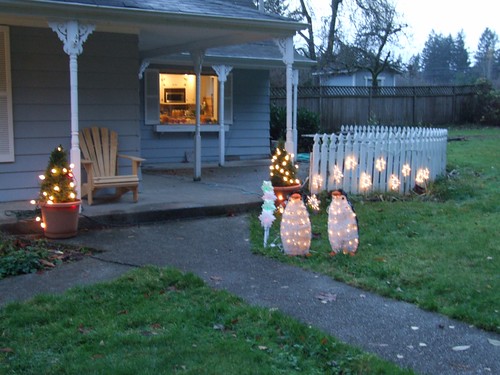
Wednesday, November 30, 2011
Getting ready for the holidays

Monday, November 28, 2011
The Happiness Prescription
Sunday, November 27, 2011
Depression and burn-out
Saturday, November 26, 2011
Weekend Books, etc.
Friday, November 25, 2011
A non-consumer Thanksgiving
Wednesday, November 23, 2011
harvest home, and we give thanks ...
And I didn't grow all of these, but I'm abundantly provided with squash!

Monday, November 21, 2011
to boldly go ...
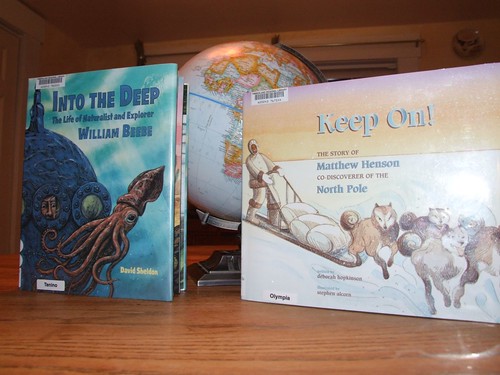
Saturday, November 19, 2011
Weekend Links
Friday, November 18, 2011
Care Packages for the homeless
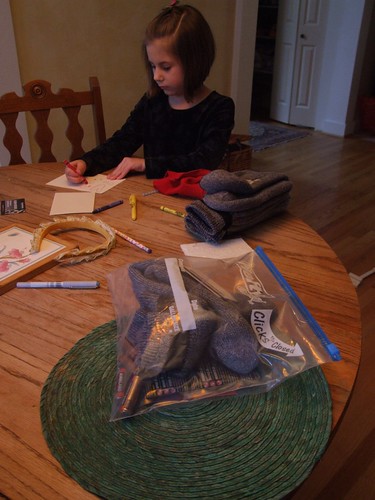
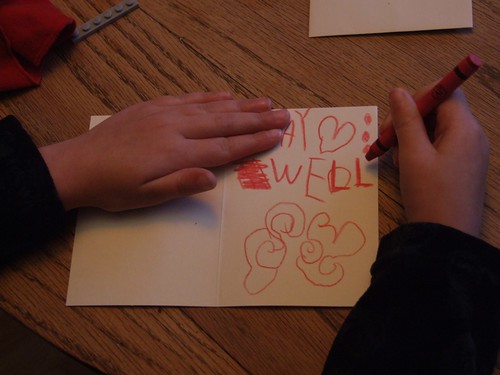
Thursday, November 17, 2011
Time management
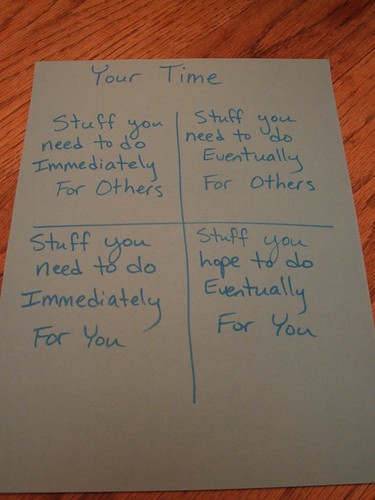
Wednesday, November 16, 2011
current best practices: felt boards for classes
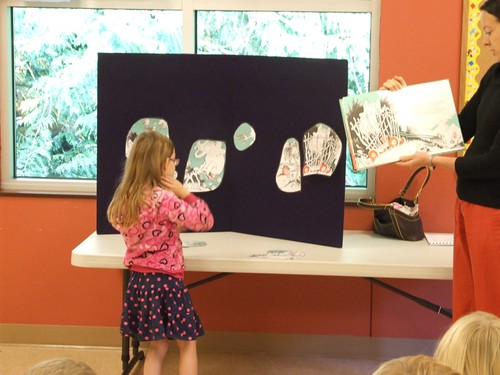
Tuesday, November 15, 2011
haircut time
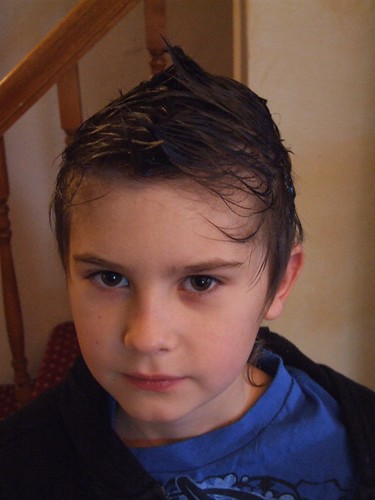

Monday, November 14, 2011
Comic Crazy

Letting your kids watch cartoons is NOT supposed to be educational. In fact, screen time and being "plugged in" has a really bad rap and parents are encouraged to "unplug" their kids and get them reading or building or playing outside.
Sunday, November 13, 2011
Way Cool Sunday School
Saturday, November 12, 2011
Weekend Links
I'm reading: When Youth Lead: A Guide to Intergenerational Social Justice Ministry by Jill M. Schwendeman.
Friday, November 11, 2011
A Gratitude Workshop
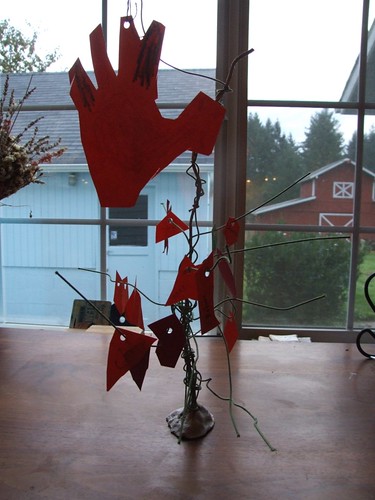
Family Gratitude Workshop
Gathering (10 Minutes)
Hymn: “We Gather Together”
A Simple Gratitude Ritual
A basket is passed around the circle, and each person chooses one object from within. Then, while holding that object, think of something that you are grateful for. Once the basket is empty, it will be passed around again. Each person places their object back into the basket, saying what they are grateful for. The final person takes the full basket and says “Our basket is full, “our cup runeth over”, thank you for these gifts we share.”
(This could easily be done at home, around a dinner table. A small bowl could be used in place of the basket, for a smaller gathering. Objects can be stones, fruits or nuts, seashells, or anything else that feels meaningful to you. Something that actually feels good in the hands, giving this a tactile experience for the children, is better.)
Reflecting/Creating (30 Minutes)
Children will Now create Gratitude Trees
Adults will Reflect and Discuss
Questions for Reflection. Take a few minutes and think or write about these questions, then get into pairs or groups of three and discuss (for these, it doesn’t really matter if you talk with your own life partner or another, but later it would be good to switch it up).
Think back to your own childhood. Watch the time. Reflect for 5 minutes.
1. What made you happy?
2. What energized you?
3. What barrier did you overcome?
4. What changed you?
5. What triggered your creativity?
6. What deepened your spirituality?
7. What kindness did you experience?
8. What did others do for you?
9. What inspired you?
10. What made you feel good?
11. What difficulty taught you an important lesson?
Discuss your childhood memories with a partner or in a group of three. Watch the time – share for 10 minutes.
Now, read the following sermon excerpt: (5 Minutes)
Parenting As Spiritual Discipline
A Sermon by the Rev. Wayne B. Arnason and Ahmie Yeung, Worship Associate
for the West Shore Unitarian Universalist Church, Rocky River Ohio
April 10, 2005
Sermon Part 1: Wayne
In her book, The Heart of a Family, Meg Cox tells a story about the Siegel family of Alexandria, VA. They “had started to eat dinner one night when two year old Rebecca, sitting in her high chair, suddenly got very quiet. Tears rolled down her cheeks, while her confused parents and older sister frantically tried to figure out what was wrong. She didn’t seem sick or in pain. The food on her plate was something she liked. What could be missing? What had they done differently? Suddenly, it came to them. They had forgotten to sing grace.”
So they held hands and sang the grace their family used. As they began to sing it, Rebecca’s crying had escalated into loud sobs, but then subsided quickly as she heard the familiar tune that began their meals. She calmed down and ate her dinner. The family never forgot grace again.
When Ahmie Yeung and I began talking about this sermon idea, we found that the theme raised enough questions for us to fill three sermons: “How do we pass on our beliefs to our children? Do UU parents really want our children to choose what they believe for themselves? What about those of us in our church whose family heritage includes more than one religious path and finally; “How does parenting change us, the parents, as spiritual beings?” We won’t cover all these questions today but you will get at least two themes for the price of one. First, “How does parenting invite and instruct us in the virtues and practices of a formal religious life, especially a Unitarian Universalist religious life, regardless of our personal theology?” and second “What are the personal spiritual lessons of parenting?” It’s been great to talk with Ahmie about these questions from two ends of the parenting spectrum – she as the mother of brand new child and me as the father of a child about to graduate from college.
The story from Meg Cox illustrates well how both of these dimensions of parenting as a spiritual discipline can manifest themselves. Parents who implement a regular grace at meals with their families may do so for many reasons, some of them very personal to the spirituality of the parents. But one of the reasons will often be to create a ritual of moral and spiritual instruction for children. The message grace conveys is that we should be grateful for our food, and the many hands and the larger context of living that has made it possible for us to be able to eat it. Well and good! Little Rebecca wasn’t old enough to understand the moral lesson of grace, however. At age two, she just enjoyed how it felt. It was part of the family ritual whenever they sat down to eat, and so when they didn’t sing the grace, she noticed! And she cried! What did her parents learn from this?
- That love of ritual is something that is deeply ingrained in us, and a natural way for our youngest human beings to make sense of a confusing world in which there is so much to learn.
- That there are some events and moments in family life where everyone needs to be included, and if they aren’t they will likely let you know.
- That the pain and distance created when an important ritual is missed can be assuaged by reconciliation and renewal of the ritual.
With a different partner than you discussed before, discuss these questions: (10 minutes)
1. How is parenting a “Spiritual Discipline” for you?
2. What lessons do you learn from parenting? What challenges you the most?
3. What gifts do you receive from your children?
4. What practices or “rituals” do you have in your family? What values are reflected in your rituals?
Family Gratitude Trees (10 minutes)
The kids have been making trees (which they’ll take home with them), now we reform into family groups and cut out leaf shapes from paper, write what we are grateful for on each leaf, and tie them on the trees. One leaf for each thing that someone in your family is grateful for.
(This ritual could be done regularly, or just around the Thanksgiving season. If you don’t have a wire tree like we just made here, you could use a real tree and tie ribbons to it, make one out of twigs, or make a large paper tree and post it on a wall of your home, and tape/glue paper leaves on to that poster for each of the things you are grateful for. If you google “Gratitude Trees” and choose “Images” you will find many inspiring pictures.)
Closing Ritual
Hymn: “We Give Thanks”
Responsive Reading “We Give Thanks”
Monday, November 7, 2011
Homeschooling Field Notes
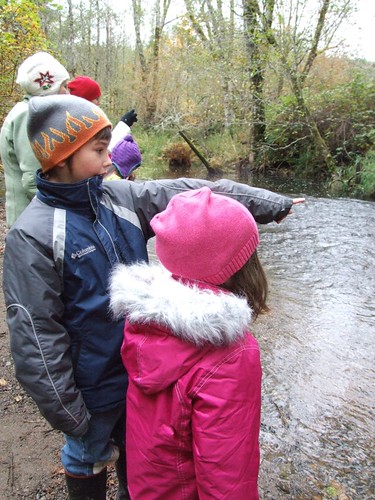
Sunday, November 6, 2011
Weekend Links
Thursday, November 3, 2011
We've got PE covered
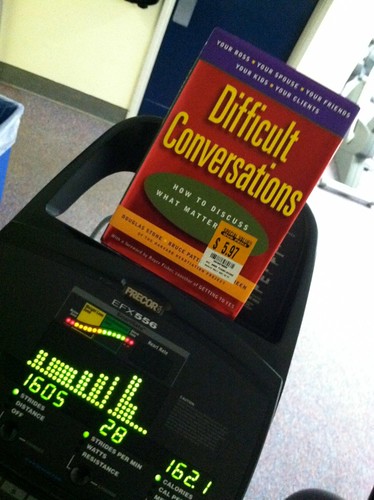
Wednesday, November 2, 2011
Apples!
